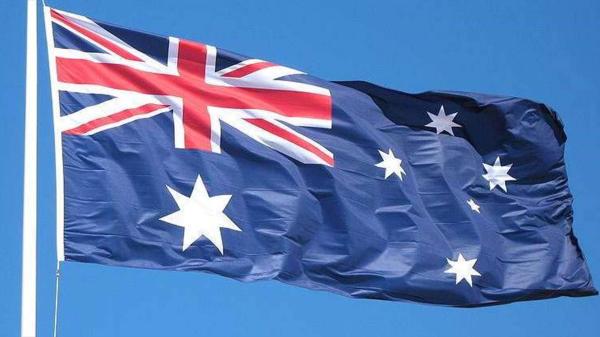
The Reserve Bank of Zimbabwe (RBZ) Thursday 20 June 2019, released US$ 7 million towards payment of 19 000 metric tonnes of wheat to cover the national requirement for the next two and a half weeks, a development expected to temporarily ease flour shortages.
Millers have been struggling to produce sufficient flour to meet national demand, spiking a shortage of bread on the market.
In a statement, The Grain Millers Association of Zimbabwe (GMAZ) national chair, Tafadzwa Musarara said the latest intervention by the Apex bank is expected to improve flour supply starting next week.
“The Grain Millers Association of Zimbabwe (GMAZ), is pleased to announce that the Reserve Bank of Zimbabwe, has released US$7 million for the payment of 19 000 metric tonnes of wheat bonded in Beira”.
“The 19 000 metric tonnes of wheat will cover the national flour requirements for the next two and a half weeks and the National Railways of Zimbabwe is in the process of loading the paid consignment which will start trickling into the country next week. The situation is expected to improve the supply of flour starting next week,” he said.
Millers continue to engage the RBZ into mobilizing funds for yet another 60 000 metric tonnes of cereal stashed in Beira that could go a long way in alleviating the current shortages.
“We also have another consignment of 60 000 metric tonnes of cereal in Mozambique whose payment we are negotiating with the Central Bank to settle so that the country does not run out of wheat,” he added.
Zimbabwe is reeling from acute foreign reserves to meet import cover for essential commodities such as cereals, fuel, electricity and a host of other raw materials to stimulate production.
Analysts have however called on the government to come up with a permanent fix to the problems, with some industry players seeking government permission to self-source foreign currency through charging in foreign currency.



















